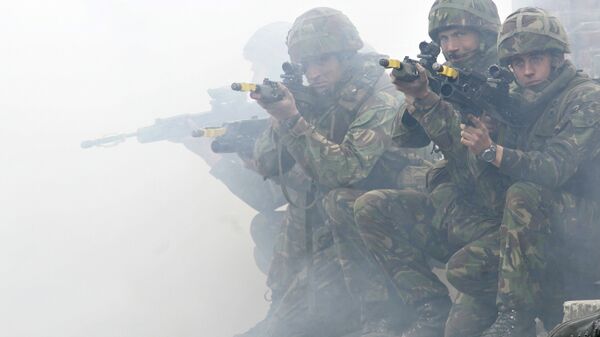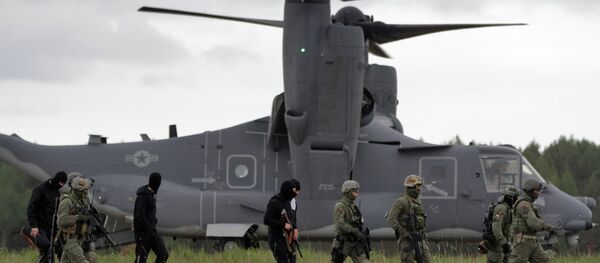"NATO does not seek confrontation with Russia," Stoltenberg said addressing the Munch Security Conference.
"Our goal has been to involve Russia, not to isolate it," the NATO stressed, adding that Russia "isolated itself by own actions and own choices."
On Thursday, the defense ministers of NATO member-states agreed on the creation of six new command and control posts in Bulgaria, Estonia, Latvia, Lithuania, Poland and Romania during a meeting in Brussels. The ministers also announced that NATO's Response Force would be doubled to include up to 30,000 people.
Precondition for cooperation between Russia and NATO include respect for each other and national borders, Jens Stoltenberg said Friday.
He stressed that NATO provided support to Ukraine, including strong political backing and defense capabilities.
Russia's envoy to the alliance Alexander Grushko said Friday that NATO's recent decision to set up additional command centers in six different countries would inevitably lead to "adequate" changes in Russia's military planning.
NATO's growing presence in Eastern Europe has been the subject of geopolitical tensions, with Russia having expressed growing concern over the buildup of NATO forces along its western border.
NATO, which has accused Russia of being involved in the Ukrainian crisis, claims that the expansion is aimed at protecting its member-states and allies.



